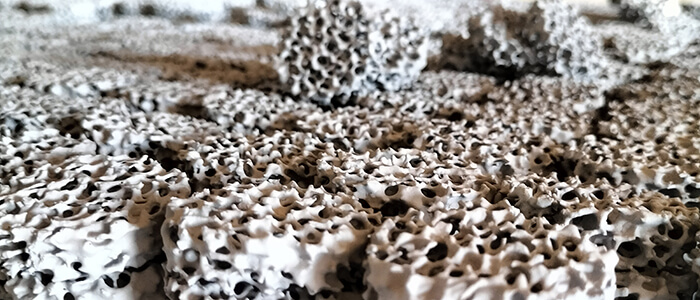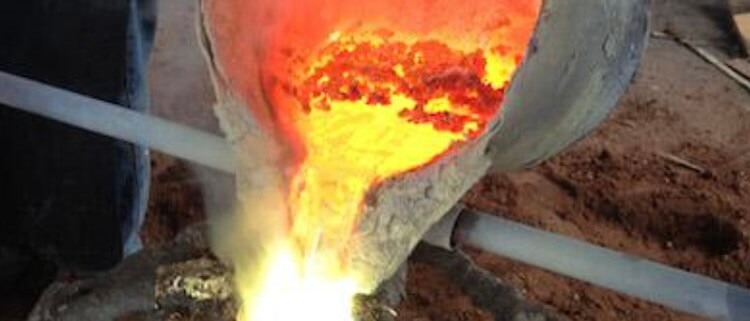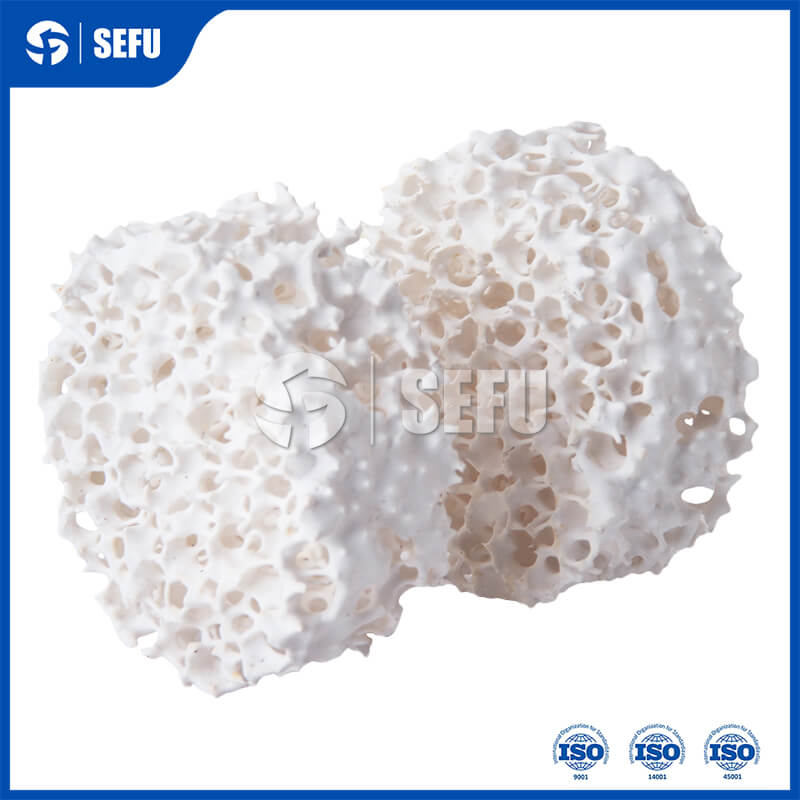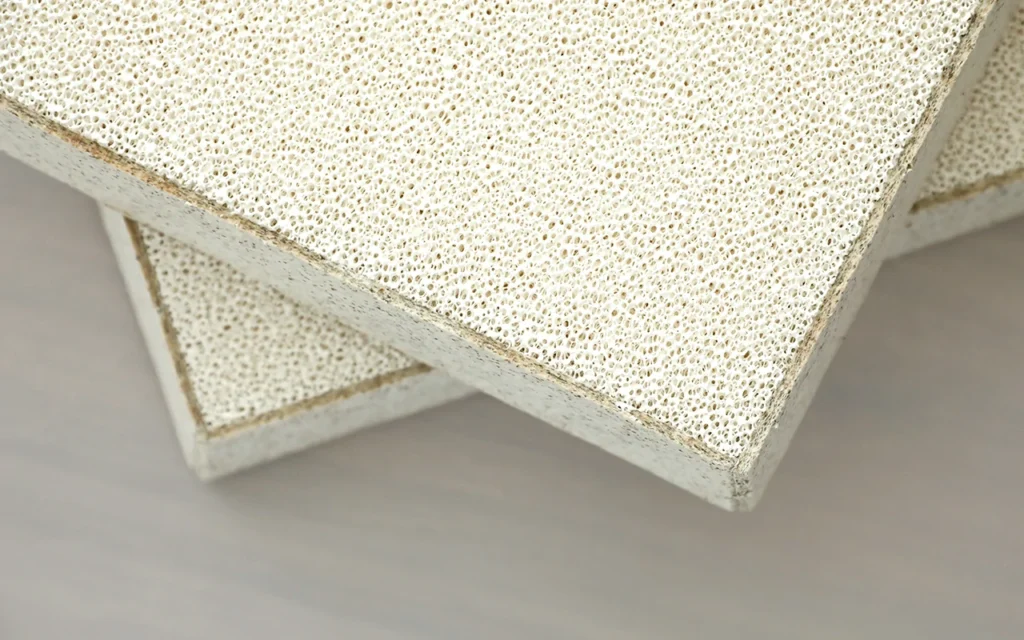The manufacturing of foam ceramic filters is a complex and sophisticated process, and strict control of every link is required to ensure the high performance of the final product.
Raw material selection: the basis of performance
First of all, the selection of raw materials is very important. Different base materials determine the applicable temperature range and metal melt type of the filter. Alumina has become the first choice for aluminum alloy casting due to its good chemical stability and moderate cost; while silicon carbide has a dominant position in the field of steel casting due to its excellent high temperature resistance. These basic materials need to be finely ground and screened to ensure uniform distribution of particle size, which has a profound impact on the subsequent molding and sintering quality.
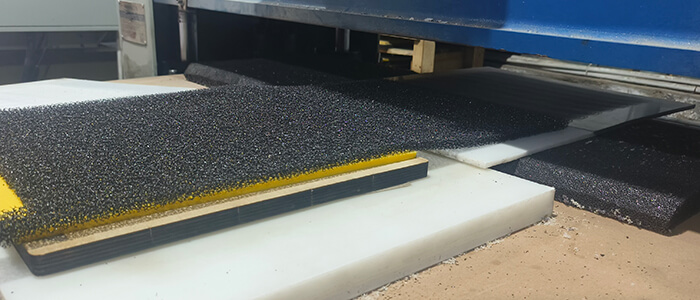
Slurry preparation: the art of precise proportioning
During the slurry preparation stage, the proportion of various raw materials needs to be repeatedly tested and optimized. The amount of binder added must be just right. Too much will affect the porosity, and too little may lead to insufficient molding strength. At the same time, in order to obtain ideal rheological properties, it is also necessary to add an appropriate amount of dispersant and plasticizer. The selection of these auxiliary materials often depends on the experience of production personnel. The viscosity control of the slurry is particularly critical, as it directly affects the uniformity of the subsequent impregnation process, and usually requires real-time monitoring and adjustment through a rotary viscometer.
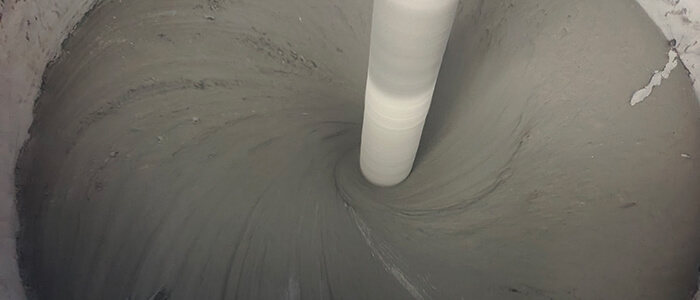
Molding process: Challenges and skills
The molding process is one of the most challenging links in the entire production process. During the impregnation process, the operator must master the force and speed of extrusion to ensure that the slurry is evenly attached to the sponge skeleton without blocking too many pores. This seemingly simple step actually requires long-term experience accumulation to be handy.
Drying process: the hidden key
The drying process seems simple, but it is not. Too fast a temperature rise will cause the surface to harden and the internal moisture cannot be discharged, resulting in cracks; too high humidity may cause deformation. Experienced manufacturers will use a staged heating method to slowly remove most of the moisture at a lower temperature, and then gradually increase the temperature to complete the final drying.
Sintering process: the decisive link
The sintering process can be called the “last step” of the entire production process, which directly determines the final performance of the product. In the high-temperature furnace, the material undergoes complex physical and chemical changes. The setting of the temperature curve is particularly particular. In the early stage, the temperature needs to be slowly raised to ensure the complete decomposition of organic matter. In the middle stage, a high enough temperature should be maintained to allow the grains to grow moderately. In the later stage, the cooling rate should be controlled to release thermal stress. The holding time of each temperature range needs to be precisely controlled. A slight deviation may cause product deformation or insufficient strength.
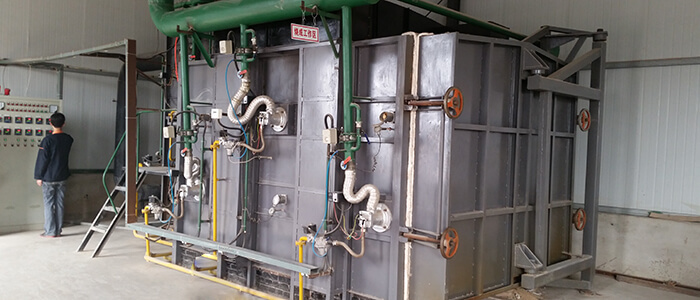
Quality inspection: the last guarantee
Quality inspection is the last line of defense to ensure product performance. In addition to conventional appearance inspection and dimensional measurement, a series of rigorous performance tests are also required. The determination of porosity requires the use of professional instruments and equipment, the test of compressive strength must simulate actual use conditions, and the thermal shock test must be repeated in rapid cooling and heating cycles. These test data are not only used to determine whether the product is qualified, but also provide valuable first-hand information for process improvement. Only through such comprehensive quality control can we ensure that every foam ceramic filter shipped meets high performance standards.

